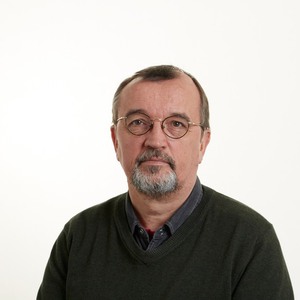English pages - The Institute of Urban History
The Institute of Urban History was founded in 1919 and is one of the oldest of its kind worldwide. The institute’s activities are both academic (to teach and research aspects of urban history, in particular of Swedish urban history) and oriented to towns and municipalities in Sweden that want to work with their history.
The organization
The head of the institute is at the same time professor of urban history at Stockholm University. The institute’s premises are located at the Department of History. The institute as well as the professorship are funded by way of a cooperation between the Swedish Association of Local Authorities and Regions, the city of Stockholm and Stockholm university.
Swedish and Northern urban history
The work of the institute concerns all aspects of urban history. However, due to the institute’s organisational form as a public-private-partnership we are mostly interested in Swedish and Northern urban history.
At the same time, we engage in a number of international cooperations, such as the European Association for Urban History, the City History Museums and Research Network of Europe, Barcelona, and La Commission Internationale pour l’Histoire des Villes.
Briefly about our business
Heiko Droste, professor of history and director of the Institute of Urban history, provides insight into the Institute's activities and its intersection between academia and society. He gives examples for the cooperation that takes place between the Institute and the Swedish municipalities.
Anders Knape, former president of the Swedish Association of Local Authorities and Regions (SALAR), as well as Cecilia Brink, chairwoman of city council of Stockholm, explain in the film why their organisations finance the Institute’s unique activities. They emphasize, in particular, that both Swedish municipalities and regions need to ”learn from the past” and make use of previous experiences in order to meet future challenges.
The film is 5 minutes and 23 seconds long and in Swedish, but an English translation is activated. The film was produced in 2019.
Informationsansvarig
-
 Heiko Droste
Heiko Droste
Professor
